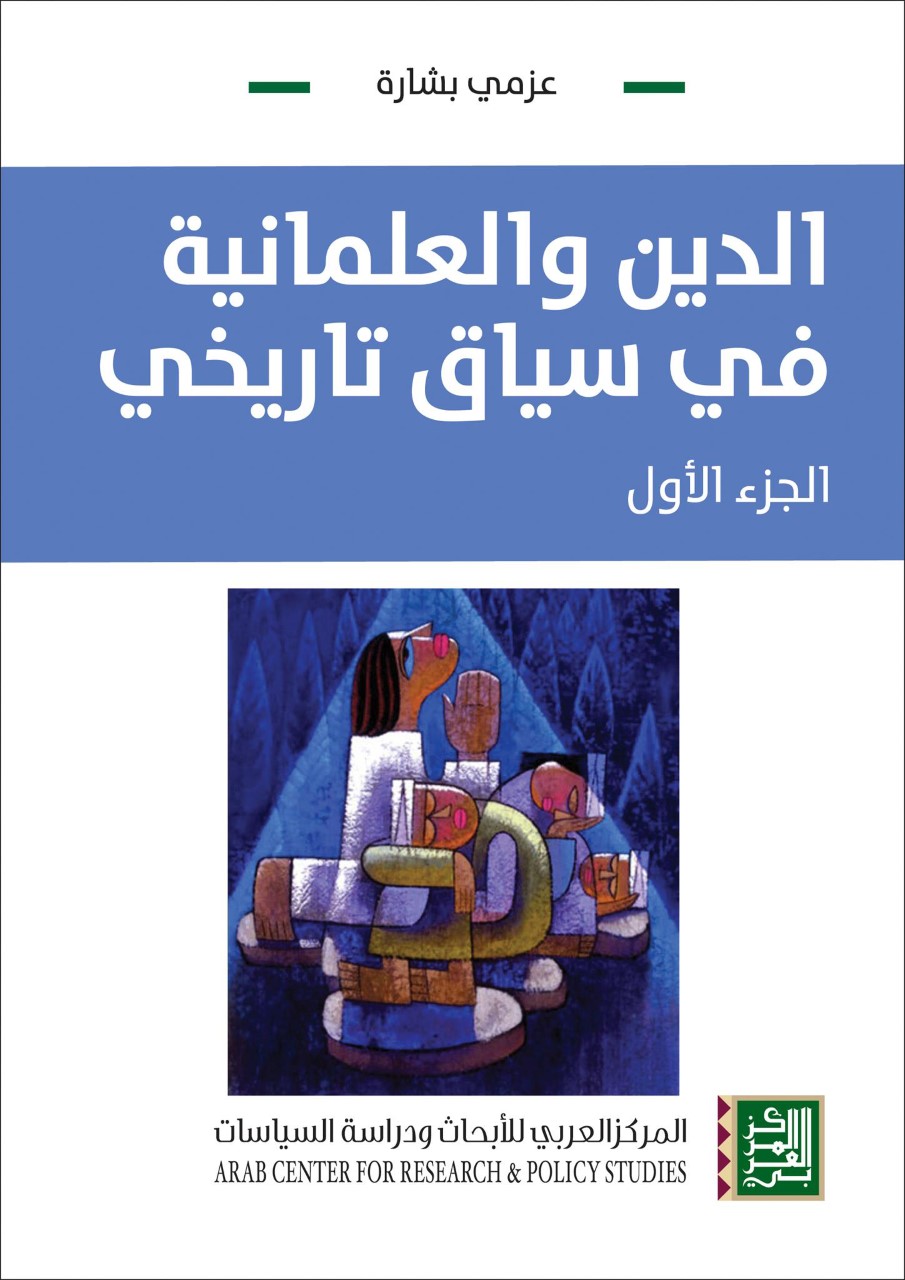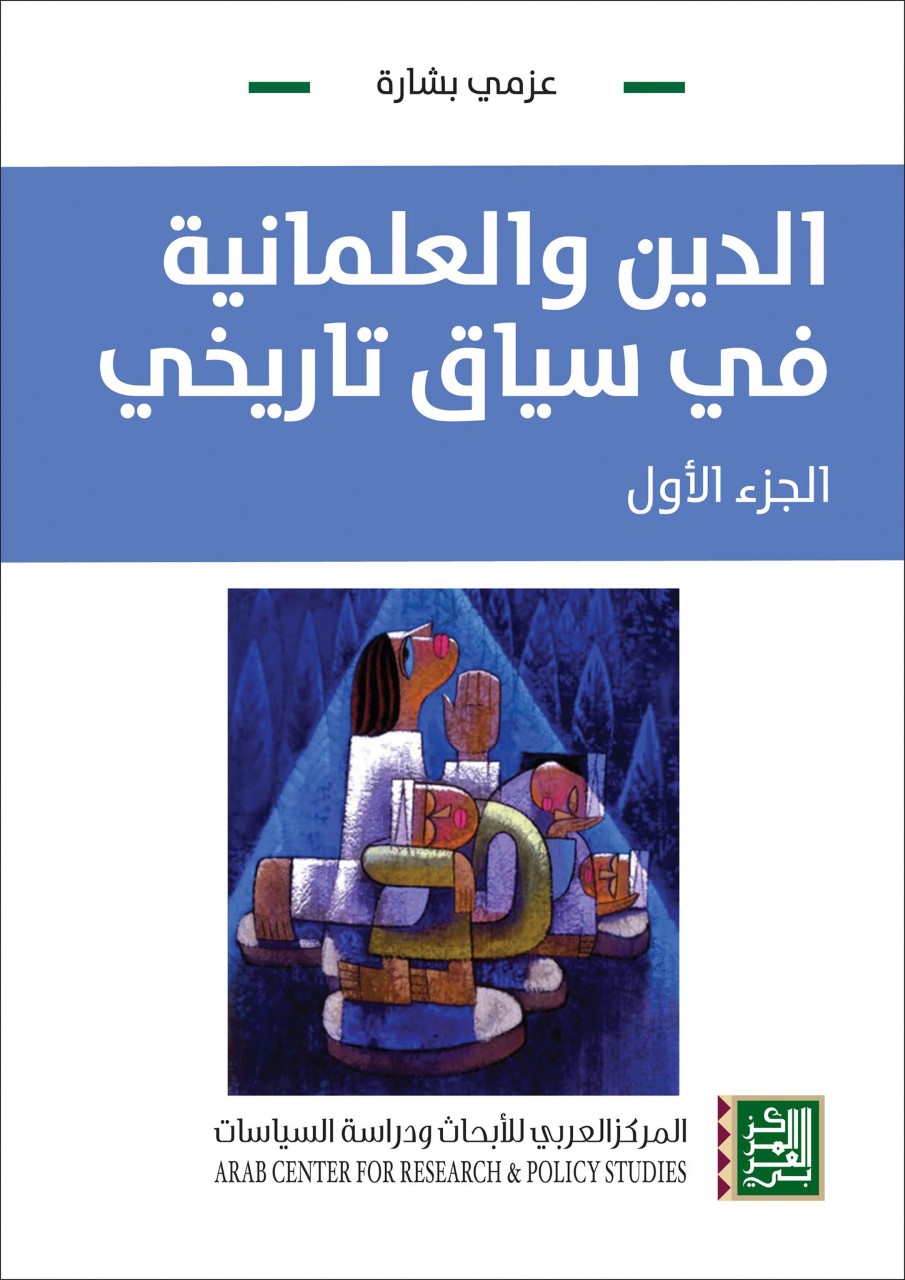Religion and Secularism in Historical Context - Part I
Azmi Bishara's project on this subject, a cumulative knowledge project, began a decade and a half ago and the excavation and enrichment are still under the broad and broad title "Religion and Secularism in Historical Context". The first part of this project was issued with a sub-title "Religion and Religion", a theoretical introduction to research.
The first part includes five chapters. The first deals with the relationship between what is sacred and mythical and religious and moral, dialectical. In the relationship between religion and ethics, which is the most complex relationship, it is difficult to separate religion from obedience to dictates, but it must be treated as a phenomenon that is different from morality.
In the second chapter, the author deals with the issue of religiosity on the grounds that "religion is a phenomenon that does not stand alone without religion ... that religiosity as a social phenomenon has a dynamic development and a sufficient social and symbolic space that allows the existence of religion without faith."
In the third chapter, Bishara deals with criticism of attempts to refute religion (criticizing the critique of religion), and specifically refers to criticism of attempts to refute religion, which some Arab theorists consider as "a progressive enlightenment effort."
In the fourth chapter (definitions), the researcher deals with various attempts to understand the religion and the religious and religious limitations in theory. He also considers the effort to denote and define religion as a secular effort even if it is carried out by non-secular scholars and to the conclusion that "our understanding of religion changes according to secularization, In a community affected by the patterns of secularization they are going through. "
The fifth chapter, entitled "Transition from religion to religiosity to secularism" is the bridge between the first and the second part of Azmi Bishara's project. The title of the second part of the book is "Secularism and the Theory of Secularization". Thus, the fifth chapter of the book is a result and a beginning at the same time, and its content: the conviction that religion is a changing social phenomenon that can be studied (...), that it is "human, rational, social, proportional and diverse"; secularism is not a scientific theory, And an ideology that has evolved historically, resulting in a sociological theory in understanding the evolution of societies as a result of secularization. "This is the subject of the second part of the book.

